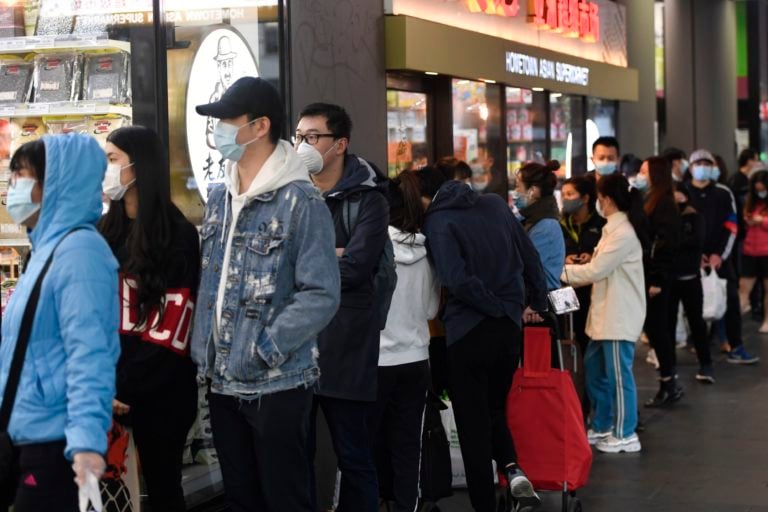Five million Melburnians woke up on Monday from their first night under curfew. The night before the city had turned into a ghost town with few people outdoors in a curfew imposed on the city from 8pm to 5am for non-essential activities.
The new rules were implemented in Victoria from Sunday night after 671 new coronavirus cases were confirmed on Sunday, while the death toll rose to 123 which is more than half the nation’s toll at 208.
Federal Health Minister Greg Hunt says Victoria’s New Zealand-style COVID-19 lockdown is “regrettably necessary”, while Victorian premier Daniel Andrews declared a “state of disaster” after the surge in infections and seven more deaths, and he now insists the time for leniency “is over”.
Stage four rules mean that exercises will be limited to one hour per day; only one person will be able to go shopping within a 5km radius from their homes; remote learning will resume for all students, including Years 11 and 12, from Wednesday; childcare facilities will close down except for vulnerable children and those of essential workers; public transport will be restricted overnight; weddings will be banned from Thursday; funerals will only take place in regional areas; organised sport will be banned.
Cafes and restaurants will continue to sell takeaway food, and visits to intimate partners will be allowed outside 5km.
Australia’s Treasurer Josh Frydenberg has declared Victoria is at war and the federal government is weighing up extra economic support to guide the state through its supercharged lockdown. JobKeeper will continue until the end of September, while Industrial Relations Minister Christian Porter is meeting with unions and business groups to see if more needs to be done.
Mr Frydenberg said the impact of Victoria’s lockdown on the Australian economy would be greater than the $3.3 billion, according to estimates by the Treasury.
“Victoria is a quarter of the national economy,” he said.

Business operation provisions will fall under three categories:
– ‘Business as usual’ for supermarkets, grocery stores, butchers, bakeries and other alike businesses
– Workplaces that will have less people rostered, with less shifts amidst other changes
– Businesses that will be ordered to move completely into work from home, and will suspend operations temporarily if work from home is not possible.







